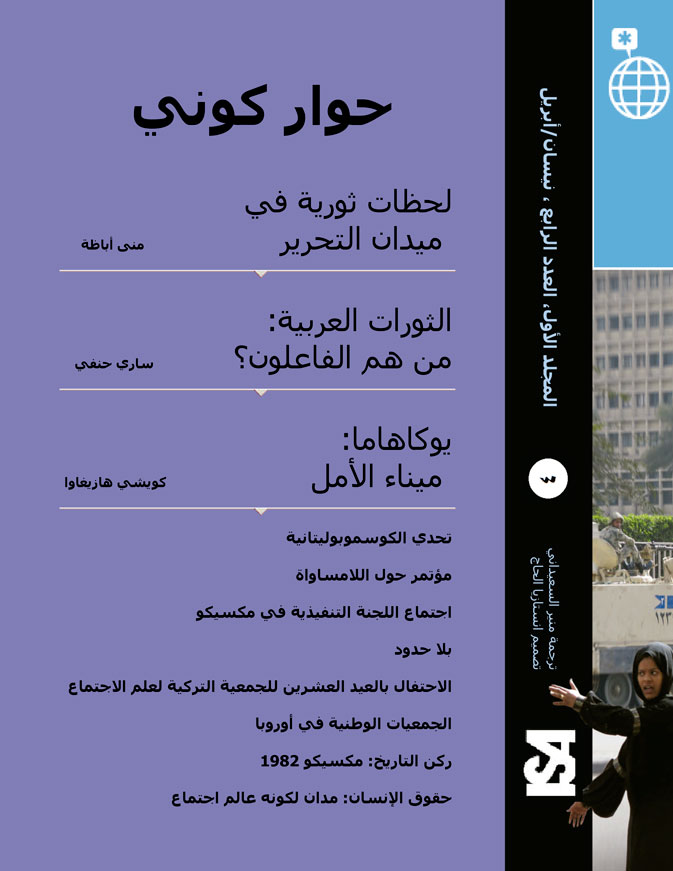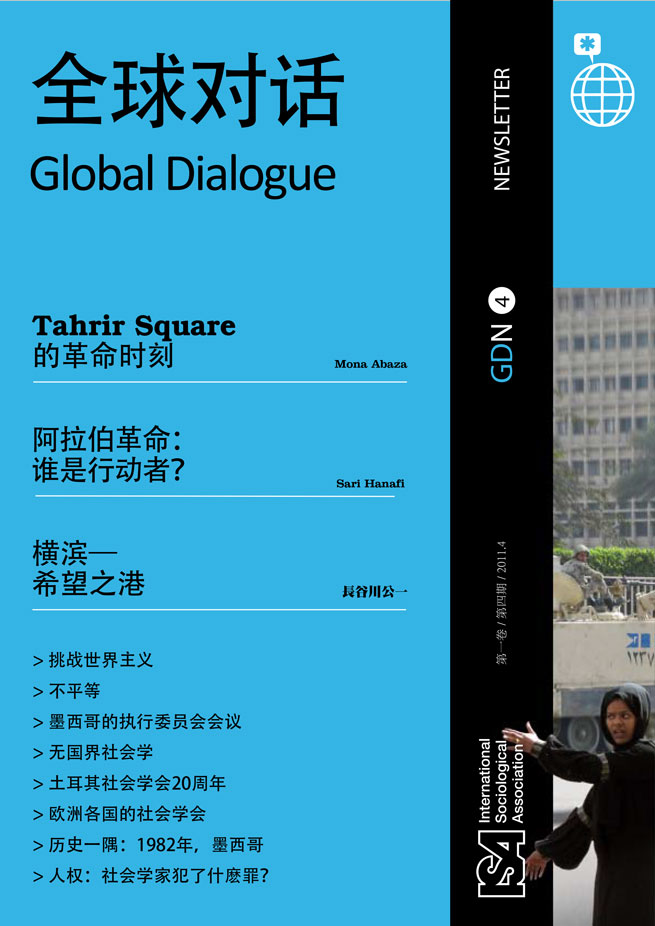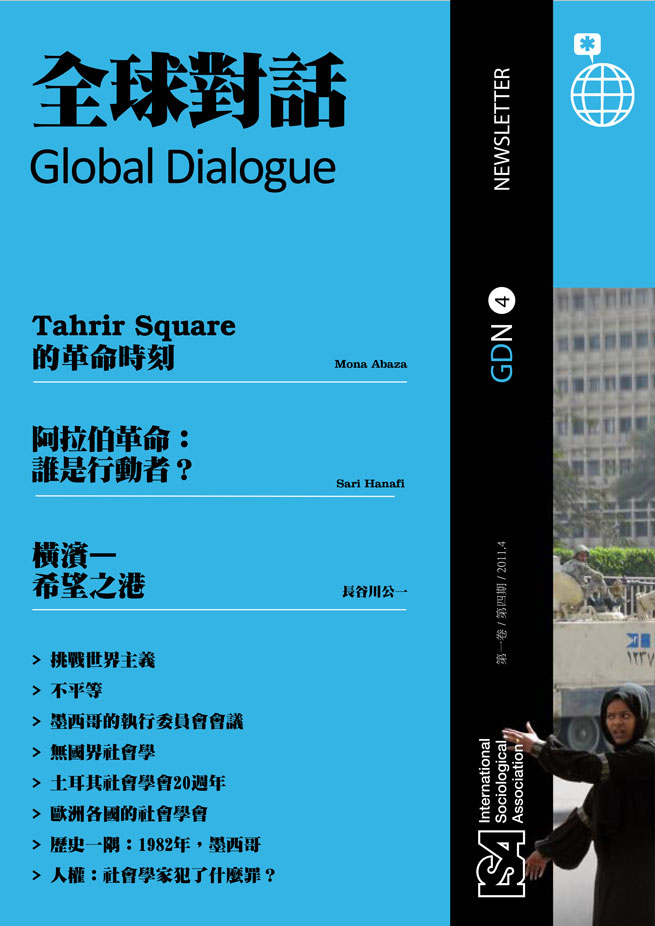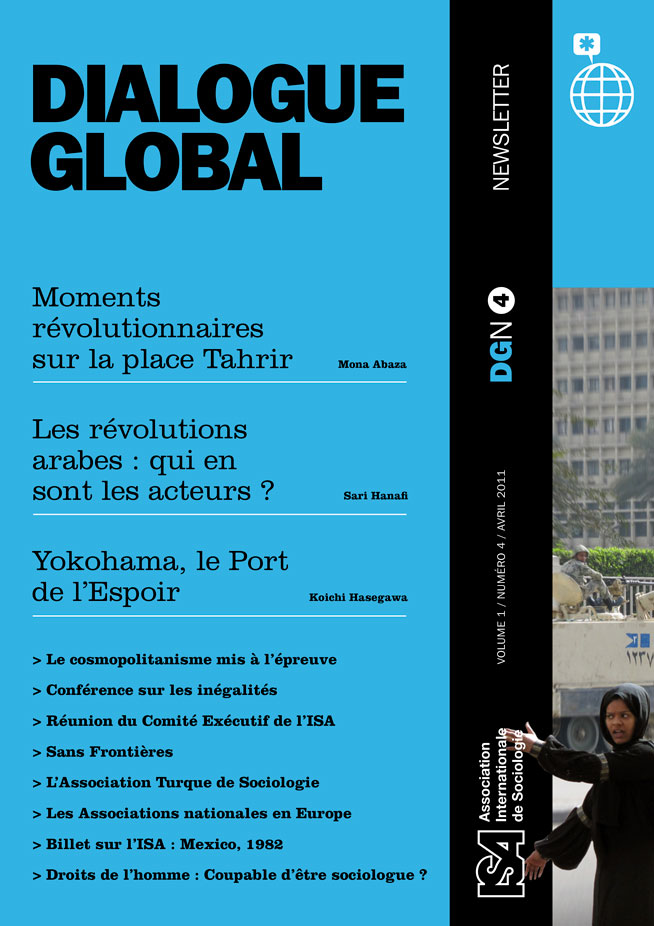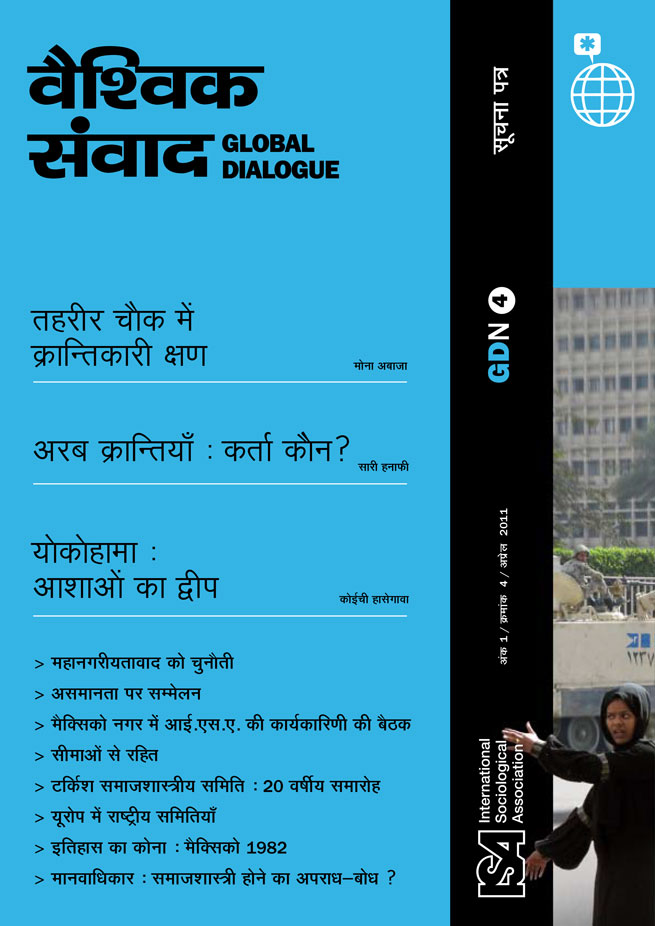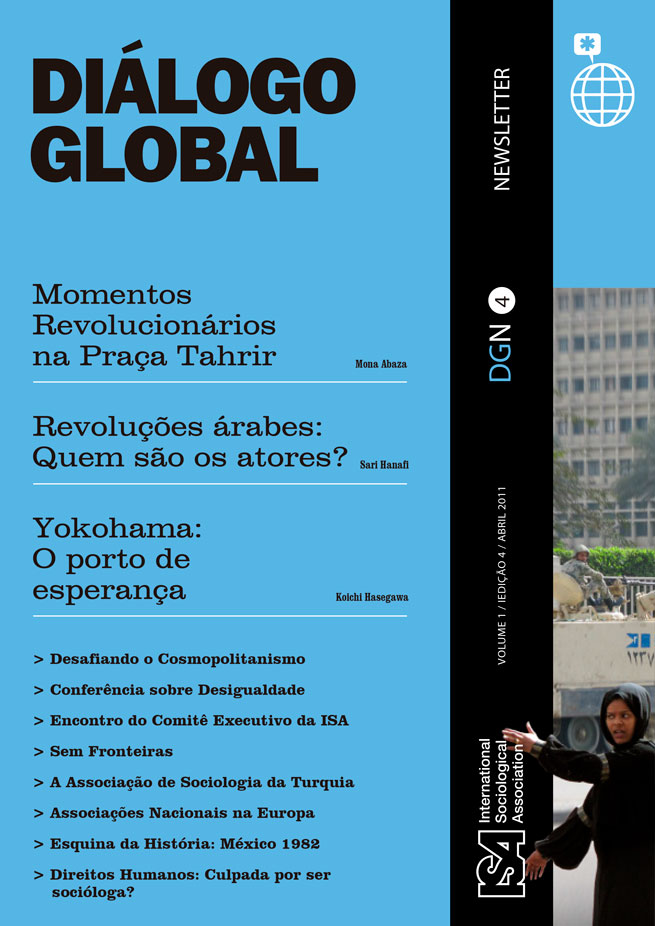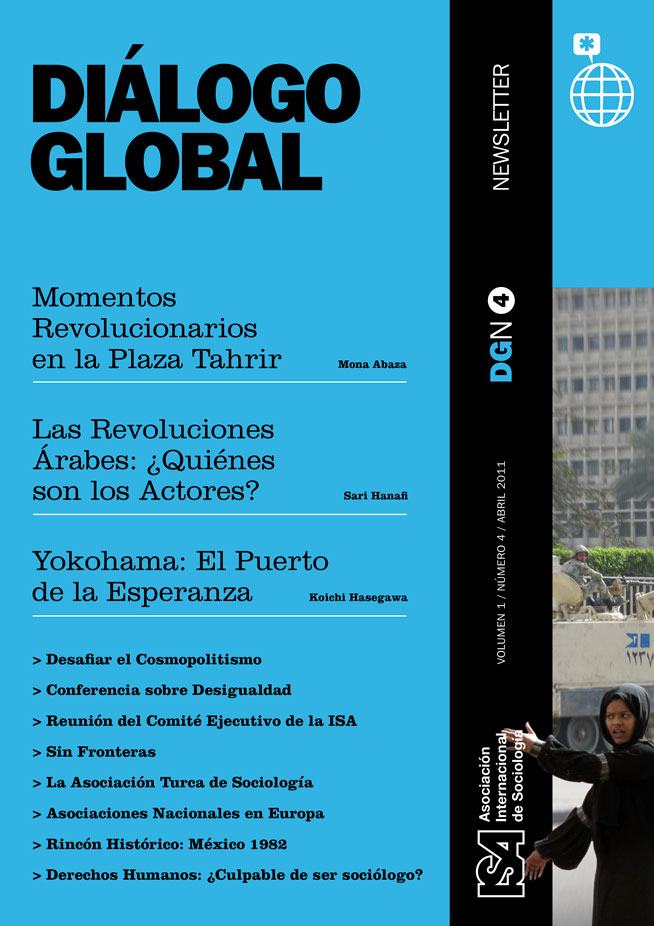Read more about Special Columns

Human Rights: Guilty of Being a Sociologist?
by Frédéric Neyrat
May 07, 2011
With the Executive Committee holding its annual meeting in Mexico City (March 21-25), plus the bonus of a seminar with Mexican colleagues, it is appropriate to write on aspects of the history of the ISA in Mexico. Until the 1990s Latin America as a whole provided only about 4% of ISA’s individual members, but they occupied a larger share of positions in Research Committees and on the Executive, which has almost always had Latin American representation. Gino Germani (Argentina, Vice-President 1962-6) and Fernando Cardoso (Brazil, President 1982-6) were especially prominent. The first member based in Mexico, however, was Francisco Zapata, a political exile from Chile, for 1978-82; he was nominated by Alain Touraine, with whom he had studied in Paris. The next was Jorge Gonzalez, for 1994-8.
A major highlight was the World Congress of 1982, held in Mexico City – the first ever in a country of the Third World. Under ISA President Ulf Himmelstrand the general theme was ‘Sociological Theory and Social Practice’; the local arrangements committee was led by Gerardo Estrada of the Universidad Nacional Autónoma de México. The numbers of participants were unexpectedly large, so that an emergency printing of more programs was required – and, perhaps more importantly, some of the effective participation probably did not come only from those registered to attend.
Local students objected strongly to both form and content of the meetings. The program had few papers which dealt with Mexican problems; at the time, those were acute, with devaluation against the dollar and nationalization of banks. For many Mexicans sociology was oriented to political activity as much as to a purely academic style of work, so the failure to focus on such issues was strongly criticized. This demand was met by the improvised organization of a large number of sessions additional to the official programme, but held in the same building, with Mexican speakers and topics. The fact that the meeting was almost entirely conducted in English was also attacked. A large demonstration at a plenary session demanded translation into Spanish (not then an official language of the ISA) – one banner had the slogan ‘Cervantes yes, Shakespeare no’; other sessions were also interrupted to make this demand. ISA’s finances did not then (and do not now) permit professional simultaneous translation except for plenary sessions, but arrangements were made for students to offer translation for some sessions. (Artur Meier, writing a later report on the Congress, suggested that these demonstrations were not really just a language conflict, but an assertion of national cultural identity in the face of wider US hegemony experienced as imperialism.) Similar protest was made when in 1990 the World Congress was held in Madrid, and Spanish was then finally made an official language of the ISA.
Jennifer Platt, ISA Vice-President for Publications
This issue is not available yet in this language.
Request to be notified when the issue is available in your language.
If you prefer, you can access previous issues available in your language:
